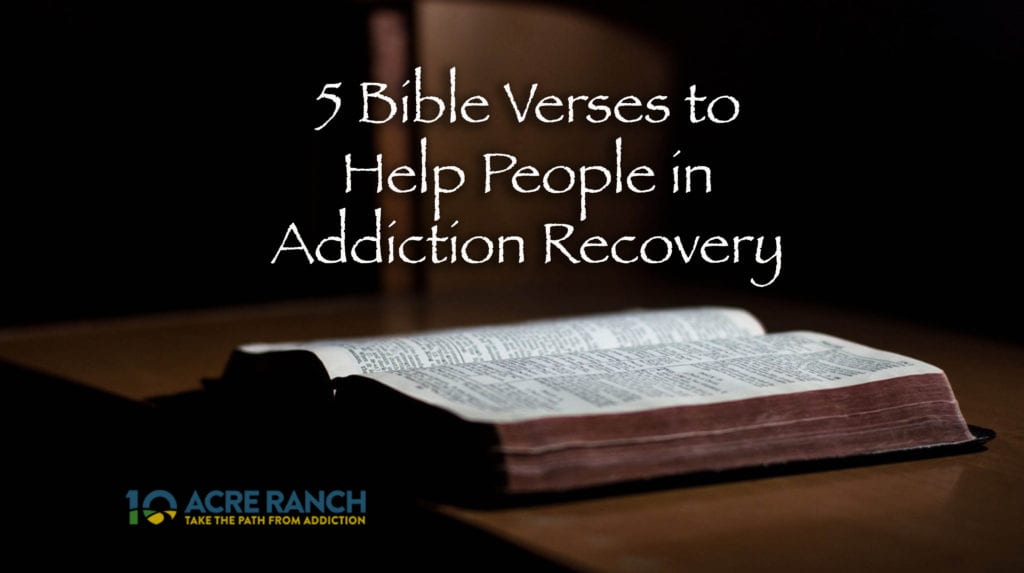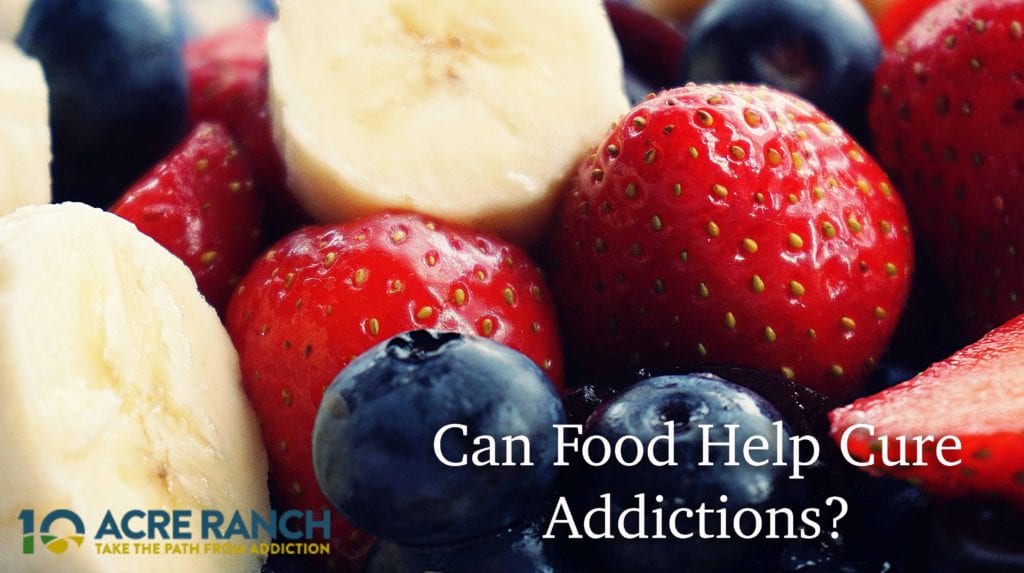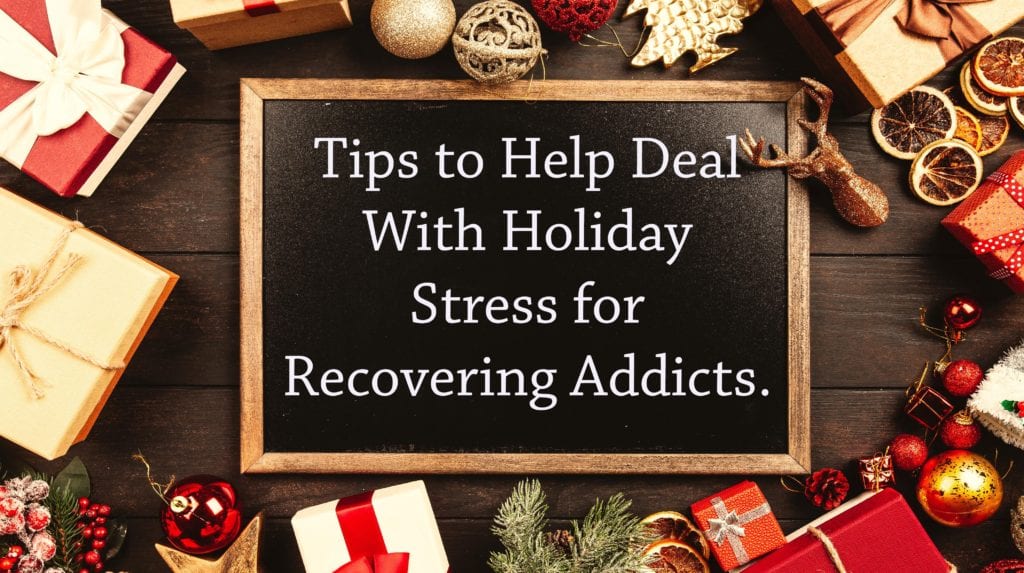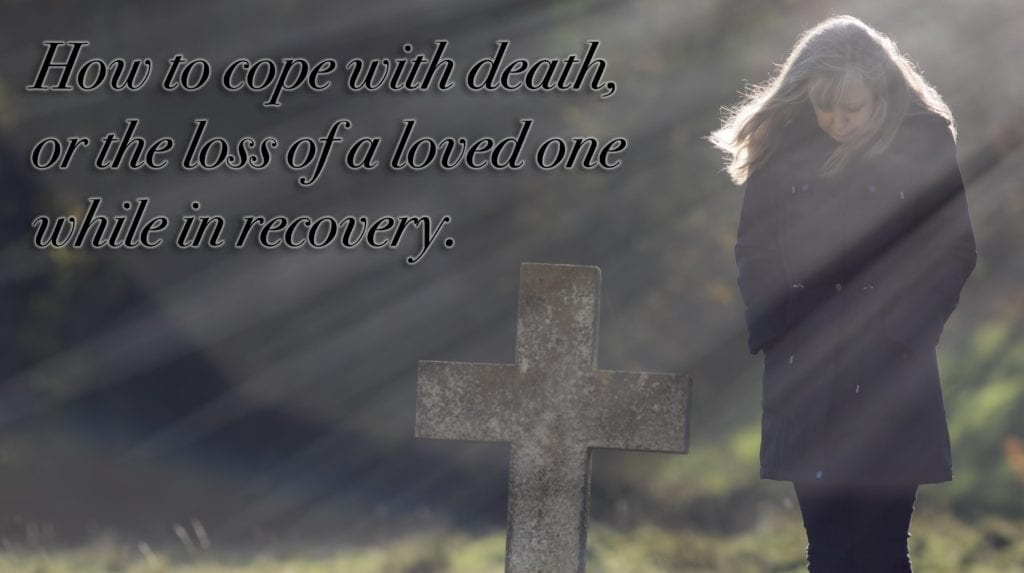Get Help 24/7: 1-866-274-9892 Our non-profit, true-to-form Christian treatment program is unlike many of the others …
Can Food Help Treat Addictions?
deterioration. Many fail to recognize that a lack of proper nutrition is a common issue that plagues people who have struggled …
Holiday Stress: How it presents special challenges for recovering addicts and helpful tips to avoid a relapse
Even if you are currently overtaken by your addiction, there is a way to get sober and stay sober, not only for your family …
How to Cope with the Loss of a Loved One During Recovery from Addiction
Understanding that the grieving process is an important part of recovery is a good start. While a person recovers from an …
Continue Reading about How to Cope with the Loss of a Loved One During Recovery from Addiction










